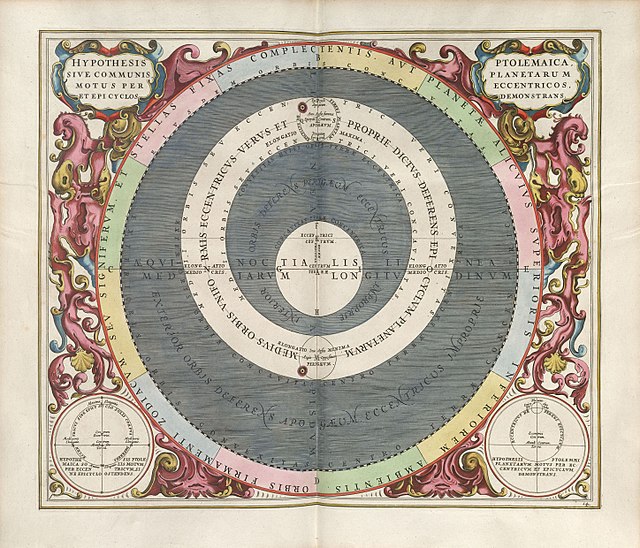Guessing is the act of drawing a swift conclusion, called a guess, from data directly at hand, which is then held as probable or tentative, while the person making the guess admittedly lacks material for a greater degree of certainty. A guess is an unstable answer, as it is "always putative, fallible, open to further revision and interpretation, and validated against the horizon of possible meanings by showing that one interpretation is more probable than another in light of what we already know". In many of its uses, "the meaning of guessing is assumed as implicitly understood", and the term is therefore often used without being meticulously defined. Guessing may combine elements of deduction, induction, abduction, and the purely random selection of one choice from a set of given options. Guessing may also involve the intuition of the guesser, who may have a "gut feeling" about which answer is correct without necessarily being able to articulate a reason for having this feeling.

A shell game is a scam disguised as a guessing game.
Calling a coin toss to determine which team will take the offense at a sporting event is a paradigm case of a guess that requires minimal consideration of forces influencing the outcome.
Game of Charades involves single person acting out a phrase, with the rest of the group guessing the phrase.
Two people playing Guess Who? at Spiel 2008
A hypothesis is a proposed explanation for a phenomenon. For a hypothesis to be a scientific hypothesis, the scientific method requires that one can test it. Scientists generally base scientific hypotheses on previous observations that cannot satisfactorily be explained with the available scientific theories. Even though the words "hypothesis" and "theory" are often used interchangeably, a scientific hypothesis is not the same as a scientific theory. A working hypothesis is a provisionally accepted hypothesis proposed for further research in a process beginning with an educated guess or thought.
The hypothesis of Andreas Cellarius, showing the planetary motions in eccentric and epicyclical orbits.





